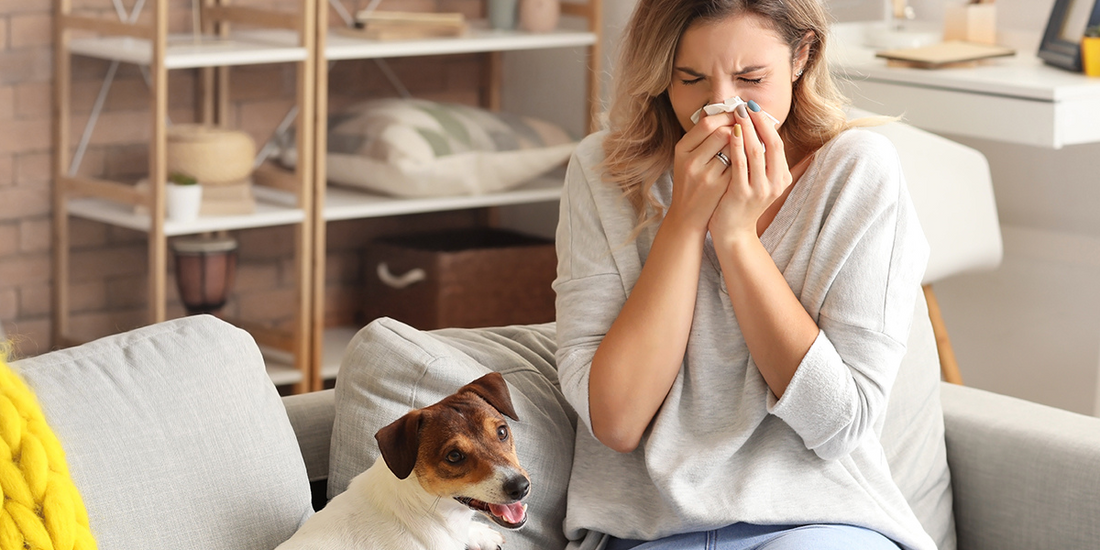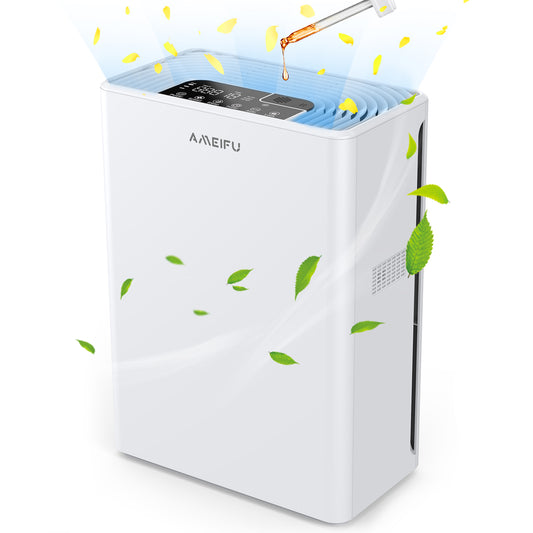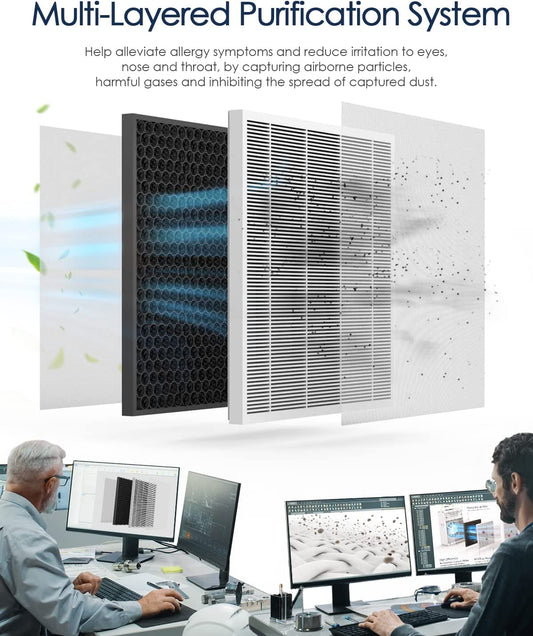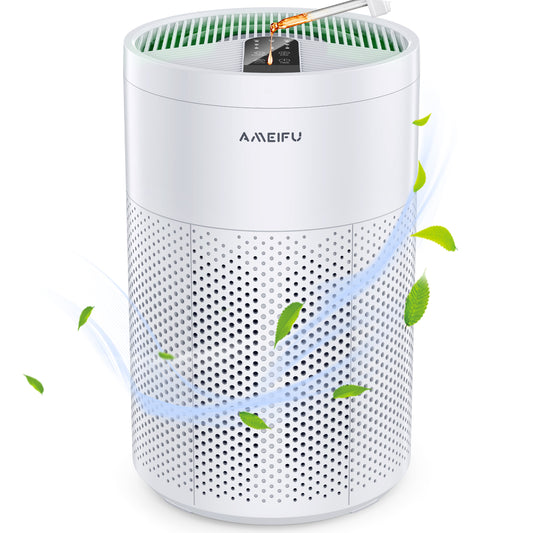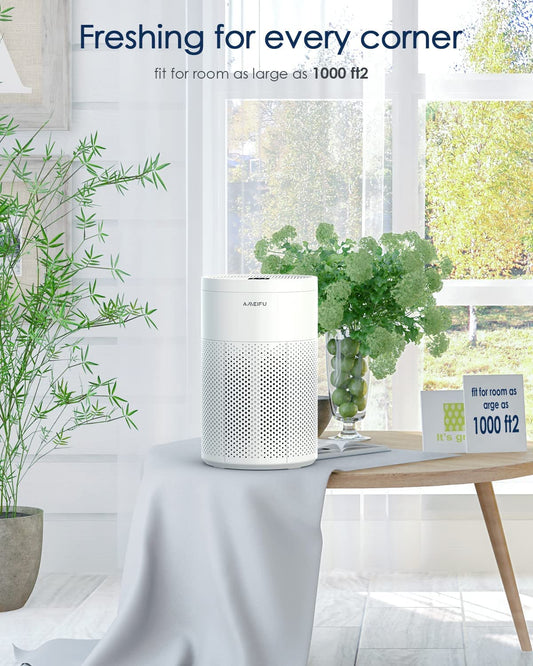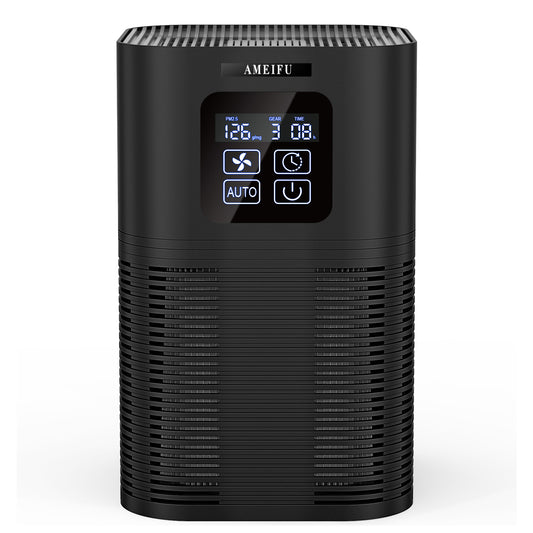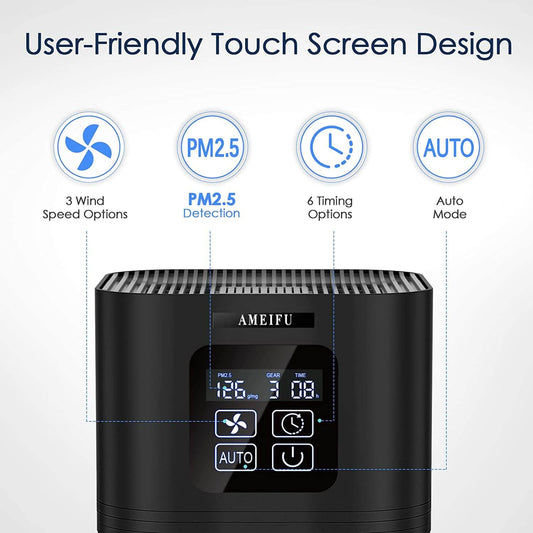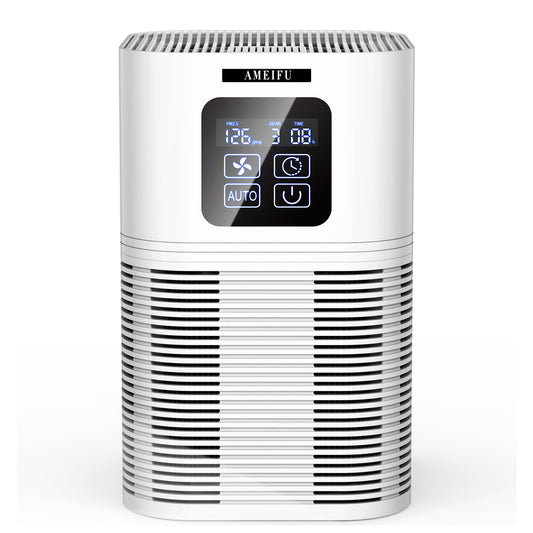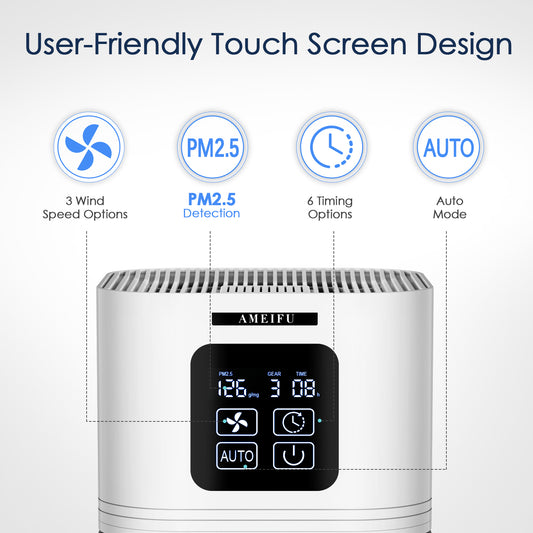Allergies are a common problem that affects millions of people worldwide. They occur when the immune system overreacts to substances that are normally harmless, such as pollen, dust, and pet dander. The symptoms of allergies can be uncomfortable and, in some cases, even life-threatening. One common solution to alleviate allergies is the use of air purifiers. In this essay, we will examine the effectiveness of air purifiers in helping to reduce allergies.
Understanding Allergies
Before we can evaluate the effectiveness of air purifiers in reducing allergies, it is essential to understand what allergies are and how they occur. Allergies are a response by the body's immune system to a foreign substance, which it perceives as harmful. This reaction triggers a release of chemicals in the body, including histamines, which cause a range of symptoms, including sneezing, coughing, and itching.
Allergies can be caused by a wide range of substances, including pollen, dust mites, pet dander, and mold spores. Some people are more susceptible to allergies than others due to genetic factors or exposure to allergens at a young age. Symptoms can range from mild to severe and can be particularly challenging for people with asthma or other respiratory conditions.
Can Air Purifiers Help with Allergies?
Air purifiers are devices that are designed to remove contaminants from the air. They work by drawing in air and passing it through a series of filters, which trap particles such as dust, pollen, and pet dander. Some air purifiers also use additional technologies, such as ionizers or UV-C lights, to remove particles and kill bacteria and viruses.
There is evidence to suggest that air purifiers can be effective in reducing the symptoms of allergies. A study conducted by the American College of Allergy, Asthma, and Immunology found that air purifiers can reduce the number of airborne allergens in a room by up to 90%. This reduction can lead to a significant improvement in allergy symptoms, particularly for people with asthma.
One of the benefits of air purifiers is that they can be used to remove a wide range of allergens from the air. For example, a HEPA filter can capture particles as small as 0.3 microns, including pollen and dust mites. This can be particularly helpful for people who are allergic to these substances, as they are often present in the air in large quantities.
In addition to removing allergens from the air, air purifiers can also help to reduce the level of pollutants in the air. This can be particularly important for people who live in areas with high levels of pollution, as exposure to pollutants can exacerbate allergy symptoms.

Limitations of Air Purifiers
While air purifiers can be effective in reducing the symptoms of allergies, there are some limitations to their effectiveness. One of the main limitations is that they only work when they are turned on. This means that they can only be effective in removing allergens from the air when they are in use. If an air purifier is turned off, the allergens will remain in the air and can continue to cause symptoms.
Another limitation of air purifiers is that they are not effective in removing allergens that are already present on surfaces in a room. For example, an air purifier may be effective in removing pet dander from the air, but it will not remove pet hair or dander that is already on furniture or carpets.
Finally, air purifiers can be expensive to purchase and operate. While there are many affordable air purifiers available on the market, some of the more advanced models can be quite costly. In addition, air purifiers require regular filter changes, which can be an ongoing expense.
Conclusion
In conclusion, air purifiers can be effective in reducing the symptoms of allergies by removing allergens and pollutants from the air. They can be particularly helpful for people with allergies to pollen, dust mites, and pet dander. However, air purifiers are not a complete solution to allergies and have limitations. They are not effective in removing allergens from surfaces, and they only work when they are turned on.
If you are considering purchasing an air purifier to help alleviate your allergy symptoms, there are several factors to consider. First, you should choose an air purifier with a HEPA filter, as these filters are most effective at capturing allergens. Second, you should consider the size of the room where you will be using the air purifier, as some models are only suitable for small rooms. Finally, you should consider the cost of the air purifier, including the ongoing expense of filter changes.

